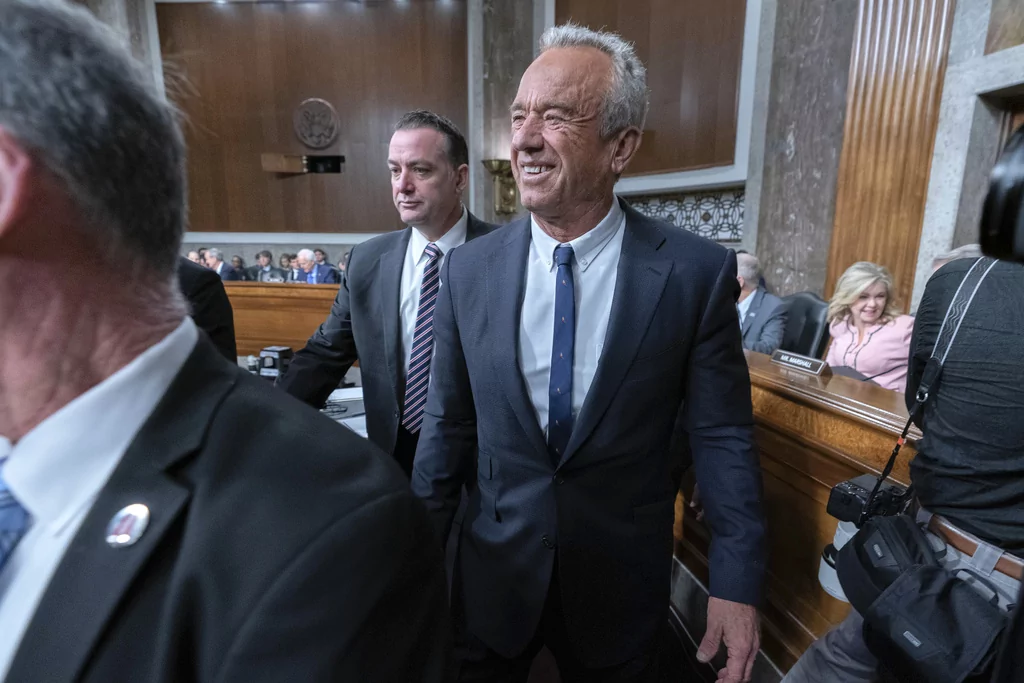Lawsuit challenges DEI-driven racial quotas for Minnesota state board – Washington Examiner
A federal lawsuit in Minnesota, filed by the nonprofit organization Do No Harm, challenges racial quotas for membership on the state’s Health Equity Advisory and leadership (HEAL) Council. The council was established to address public health inequities and mandates representation from specific racial groups, including African American, Asian American, and various others. The lawsuit argues that these quotas violate the Equal Protection Clause of the U.S. Constitution, claiming they result in racial discrimination by denying qualified professionals opportunities solely based on race. The plaintiffs seek a declaration that these racial mandates are unconstitutional and a permanent injunction against their enforcement.This legal action aligns wiht a broader national movement against diversity, equity, and inclusion (DEI) initiatives, particularly following executive orders from the Trump administration aimed at dismantling such programs. The case highlights tensions surrounding race-based criteria in public service roles, with advocates for the lawsuit arguing that expertise, rather than race, should drive public health decisions.
Lawsuit challenges DEI-driven racial quotas for Minnesota state board
EXCLUSIVE — A new federal lawsuit in Minnesota is challenging the racial quotas for membership on the state’s Health Equity Advisory and Leadership, or HEAL, Council, an advisory board tasked with addressing “inequities” in public health policies.
In the suit, Do No Harm, a nonprofit organization of medical professionals, argues the quotas violate the equal protection clause of the U.S. Constitution. The lawsuit comes amid a national shift against diversity, equity, and inclusion initiatives, driven by the Trump administration’s aggressive rollback of DEI programs.
“Racial quotas deny public service opportunities to qualified professionals based solely on their race,” said Wilson Freeman, attorney at the Pacific Legal Foundation, which is representing Do No Harm. “That’s racial discrimination and unconstitutional.”
HEAL, tasked with advising the Minnesota Department of Health, requires membership to include representatives from specific racial groups, including African American, Asian American, “Latina/o/x communities,” and American Indian communities, according to a readout on the state legislature’s website. DNH argues this approach undermines equal opportunity.
The nine-page complaint, filed in the U.S. District Court for Minnesota, states, “Governmental classifications on the basis of race violate the Equal Protection Clause unless they are narrowly tailored to a compelling governmental interest,” noting that the “racial mandate” in Minnesota’s state law “does not serve a compelling governmental interest and is not narrowly tailored to remediating past intentional discrimination.”
Do No Harm, with over 14,000 members, contends that medical expertise, not race, should guide public health decisions, noting in a press release that “there is no shortage of qualified Minnesotans who could serve on the board.” The group contends that “at least one member” of DNH, known as “Member A” in the court filing, would be qualified for the position.
The plaintiffs are seeking a declaration that the racial mandate is unconstitutional and a permanent injunction prohibiting its enforcement. “So long as this racial quota remains in place, Member A will never receive equal consideration for the openings on the Council,” the complaint states.
Dr. Stanley Goldfarb, the chairman of DNH, criticized the council’s policies. “Patient care should never be sacrificed on the altar of identity politics. Professionals chosen because of their race lose the full honor of their expertise,” Goldfarb said. “President Trump’s recent DEI executive order should motivate public officials to eliminate this type of racism.”
Since resuming office, President Donald Trump has issued sweeping executive orders to dismantle DEI structures across federal agencies, terminate affirmative action requirements, and redefine the term “sex” to align with biological sex rather than gender identity. These actions reflect a broader legal movement challenging DEI policies in corporations, education, and government following the Supreme Court’s 2023 decision striking down affirmative action in college admissions.
CLICK HERE TO READ MORE FROM THE WASHINGTON EXAMINER
The case, Do No Harm v. Cunningham, seeks to end race-based criteria on HEAL, arguing that such practices perpetuate discrimination rather than equity.
The Washington Examiner contacted the HEAL Council for comment.
Read the lawsuit below:
Do No Harm, Inc., a nonprofit corporation, Plaintiff, v. Dr. Brooke Cunningham, in her official capacity… by kaelandeese on Scribd
" Conservative News Daily does not always share or support the views and opinions expressed here; they are just those of the writer."




Now loading...